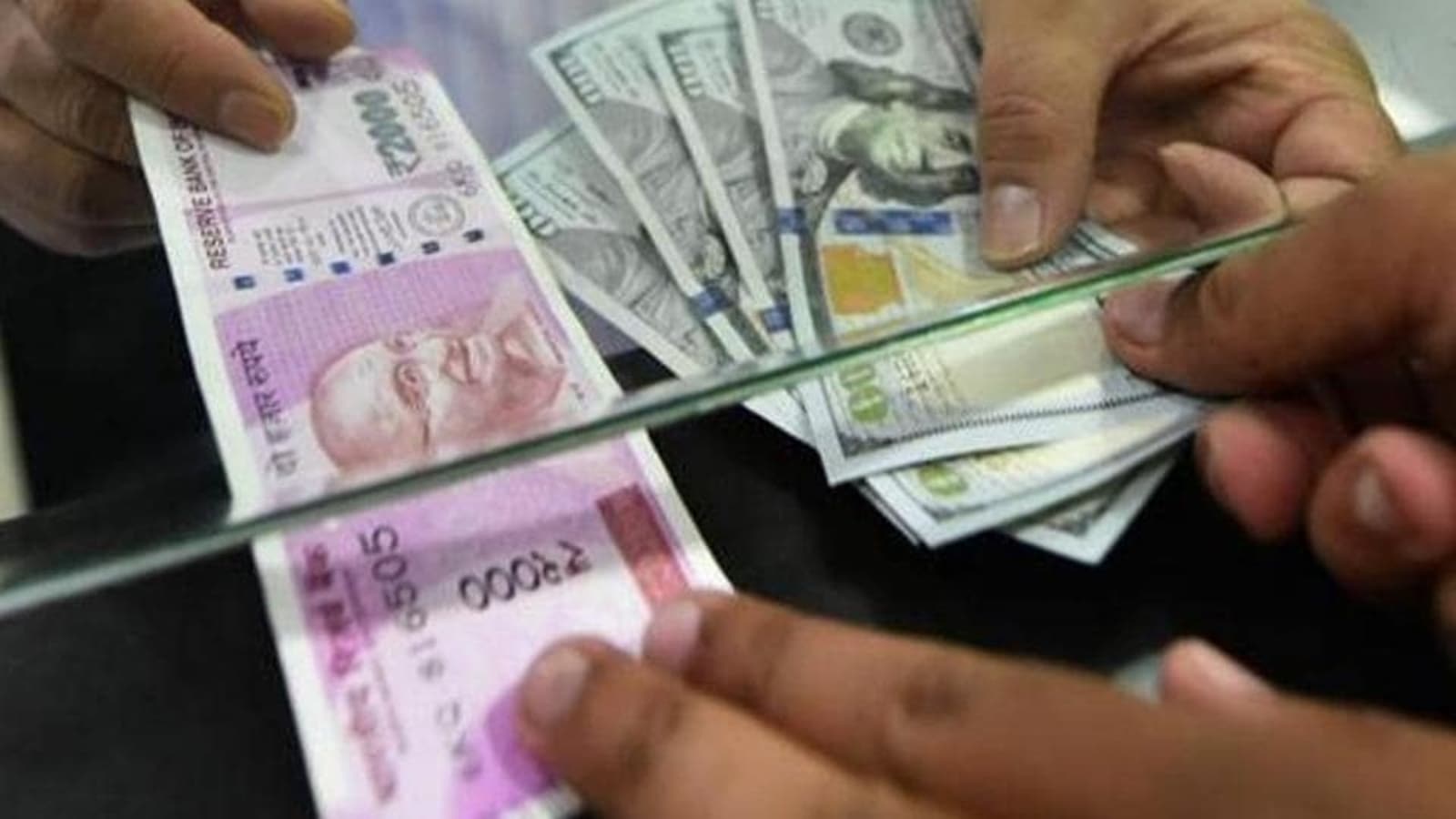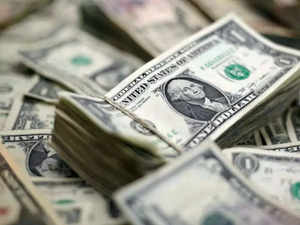Unveiling the Strength and Stability of the Indian Economy
India’s foreign exchange reserves have reached a record high of over $400 billion, a milestone that serves as a testament to the resilience and stability of the Indian economy amid global headwinds. This surge in foreign exchange reserves is a significant development that has far-reaching implications for the nation.

Image: www.hindustantimes.com
The foreign exchange reserves, held primarily by the Reserve Bank of India (RBI), consist of various currencies, gold, and other financial assets. These reserves play a crucial role in maintaining economic stability by providing a buffer to absorb sudden external shocks and ensuring that the country can meet its international financial obligations.
Understanding the Importance of Forex Reserves
Foreign exchange reserves are the backbone of a nation’s financial security. They are like a financial fortress that protects the country from external economic vulnerabilities. These reserves allow the RBI to intervene in the foreign exchange market to stabilize the value of the rupee and prevent sharp fluctuations. By cushioning the impact of currency volatility, forex reserves contribute to the overall stability of the economy and promote investor confidence.
Furthermore, sufficient forex reserves enable the government to comfortably finance its import needs and repay external debts. In times of economic stress, such as the global financial crisis of 2008, adequate reserves provide the government with the flexibility to respond effectively and minimize the negative consequences.
How India’s Forex Reserves Have Grown
India’s forex reserves have witnessed a remarkable growth over the years, reflecting the country’s increasing economic stature. The relentless efforts of the government, coupled with the resilience of the domestic economy, have contributed to this steady rise.
Several factors have fueled this growth, including:
- Strong foreign direct investment (FDI) inflows
- Robust export performance
- Prudent monetary policy management by the RBI
- Increased remittances from overseas Indians
- A stable political environment
Benefits of High Forex Reserves
The accumulation of such substantial forex reserves provides India with a host of advantages:
- Economic Stability: High forex reserves reduce the vulnerability of the economy to external shocks, such as sudden capital outflows or currency fluctuations.
- Improved Sovereign Credit Rating: Ample forex reserves enhance India’s sovereign credit rating, attracting foreign investment and reducing the cost of borrowing for both the government and domestic companies.
- Exchange Rate Stability: The RBI can effectively intervene in the foreign exchange market to stabilize the value of the rupee, preventing sharp fluctuations that could harm exporters and importers.
- Import Protection: Adequate forex reserves ensure timely payment for imported goods, mitigating the risk of disruptions in supply chains and inflation.
- Repayment of External Debt: High forex reserves provide confidence to international creditors, making it easier for India to repay external debt obligaciones.
- Financial Autonomy: Ample forex reserves grant India greater financial independence and flexibility in managing its economic policies.

Image: economictimes.indiatimes.com
Indian Forex Reserves Pti 18 August 2017
Conclusion
India’s foreign exchange reserves have reached a historic milestone, demonstrating the strength and stability of the Indian economy. These reserves serve as a shield against external economic vulnerabilities and provide a lifeline for the nation’s financial security.
As India continues on its growth trajectory, the maintenance of robust forex reserves remains essential. Prudent management of these reserves will not only ensure economic stability but also foster prosperity for all Indians.






